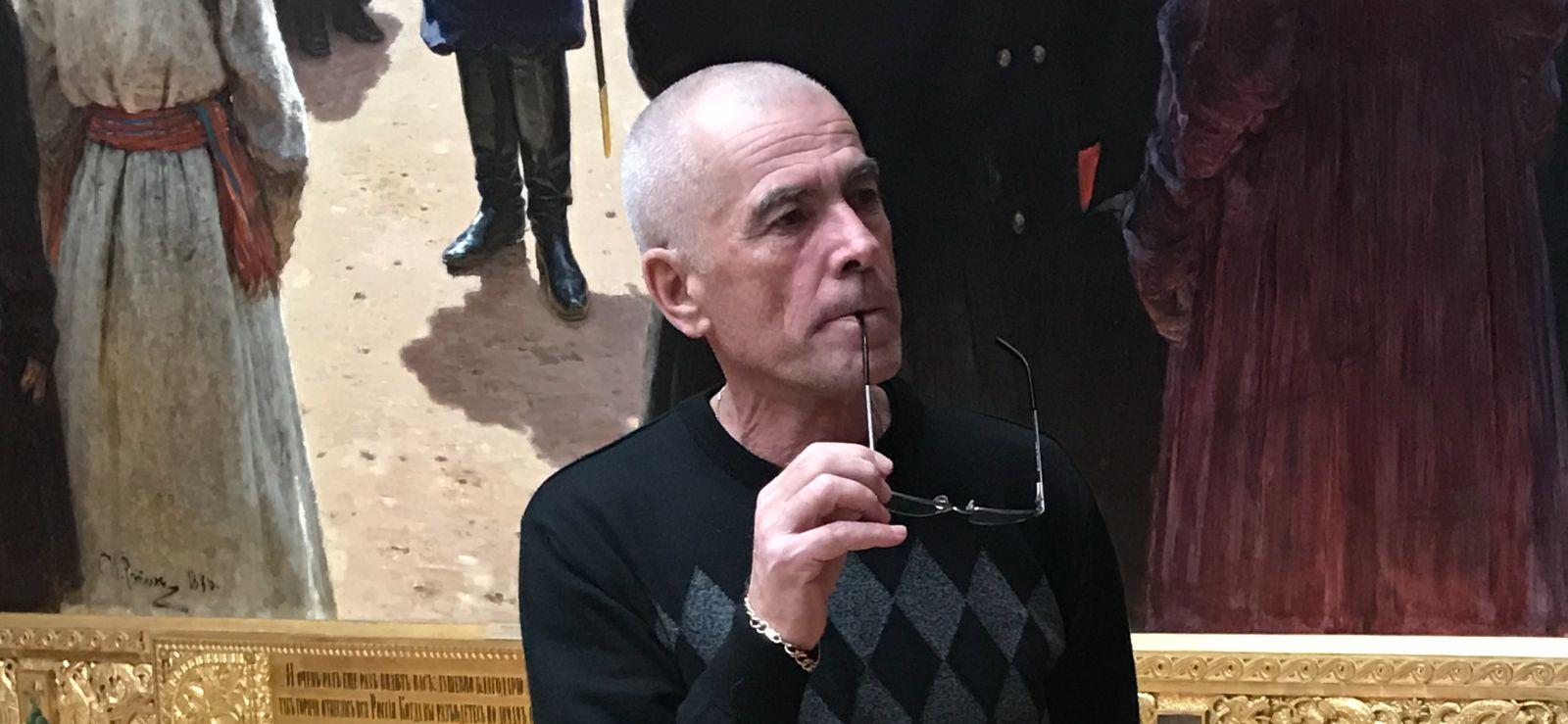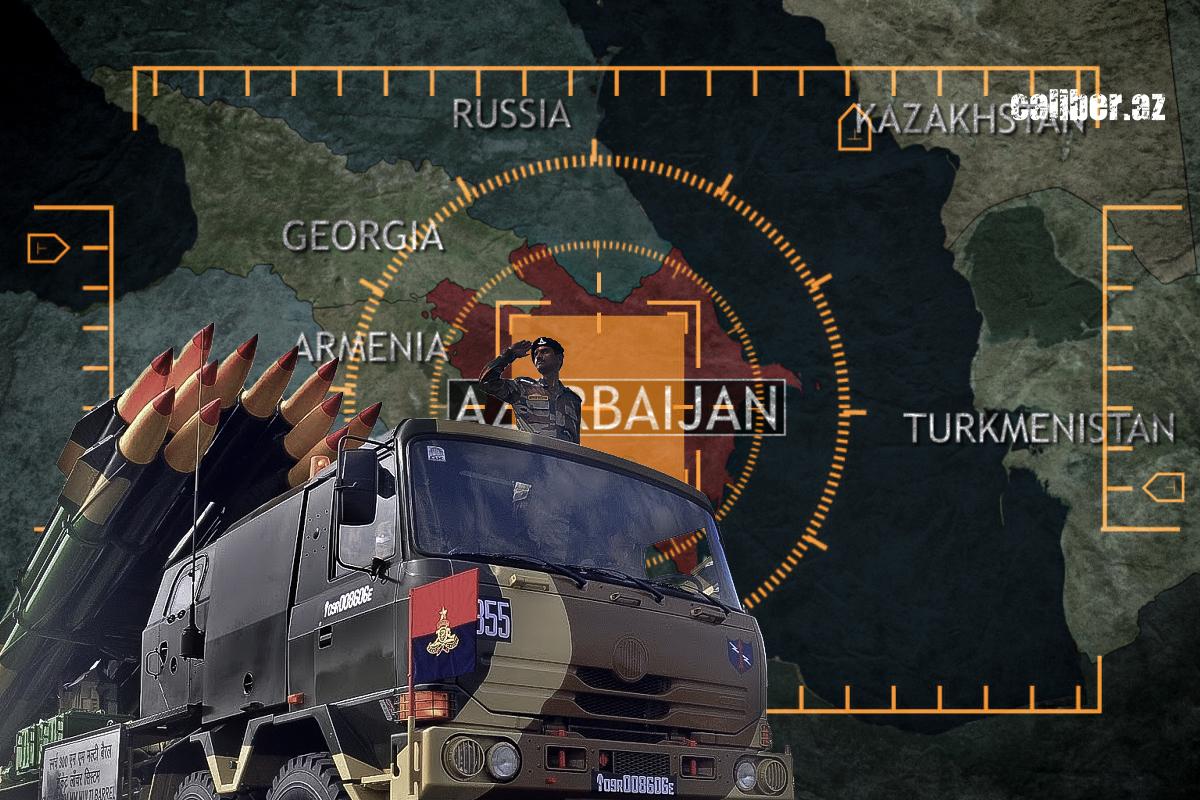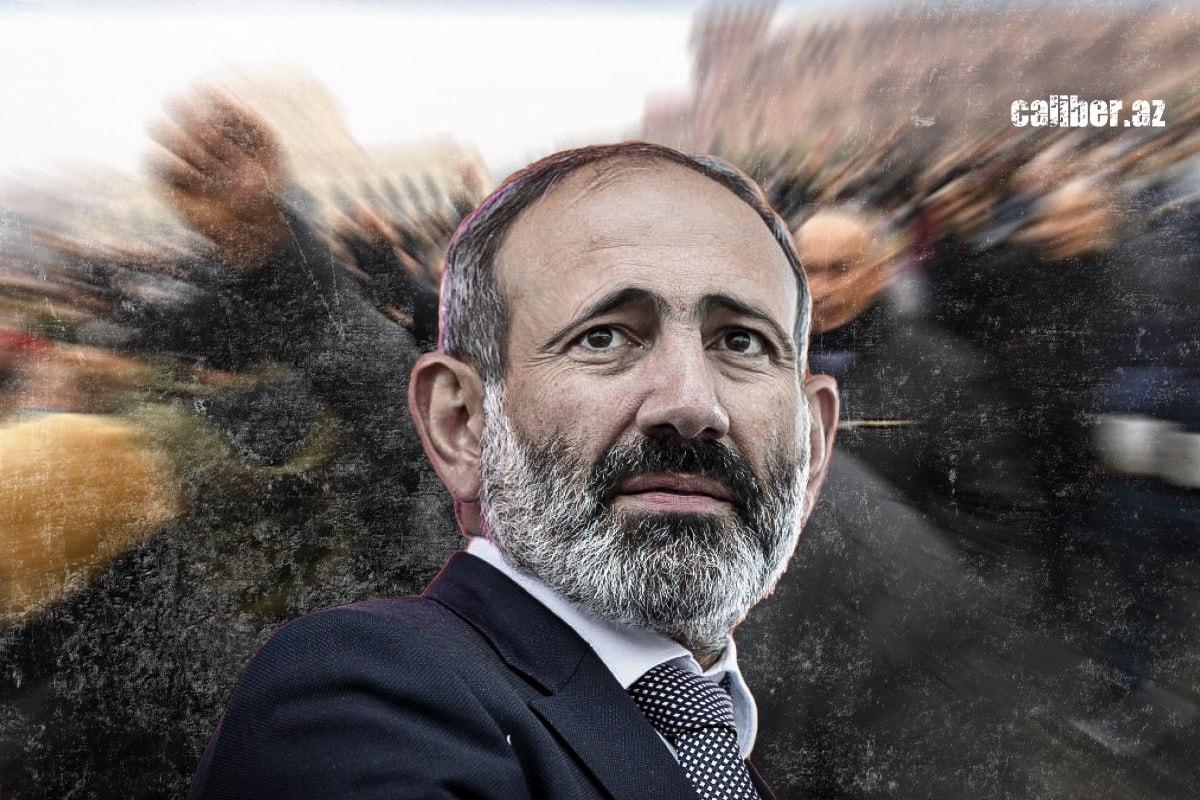Armenia may face huge disappointment over French warmongering in South Caucasus Russian expert doubts Paris as military partner
Caliber.Az interviewed Russian military expert, retired Lieutenant Colonel, and veteran of combat operations in Afghanistan Alexander Turmenko to find out his opinion on Yerevan's dual policy and what consequences this policy may lead to.

- Armenia has embarked on a course of abandoning Russian weapons and rearming according to the Western model. How realistic is such a plan?
- The truth is that Armenia cannot simply abandon Russian weapons and rebuild its army to NATO standards, though Yerevan says it can. For many years, Moscow has been providing Armenia with Soviet and Russian weapons on credit, and Yerevan has had very conditional obligations to repay these funds. In reality, these are expensive weapons that Yerevan cannot afford to buy now; no one will give Armenia weapons as generously as Moscow did.
I'd like to draw attention to the pairing of new foreign weapons that Armenia is buying with their existing ones. It's worth noting that the situation in Ukraine illustrates how disagreements in armament and training can create significant issues for military operations. These problems are still ongoing in Ukraine to this day.
If we assume that France and other countries will join Armenia in escalating the military situation in the South Caucasus, we should consider the following point: In case external actors start a military confrontation in the region, and certain military alliances are formed, Russia will likely cut off all economic ties with Armenia. This would mean a loss of about 50 per cent of Armenia's budget. Therefore, it is crucial to consider how Armenia plans to fight with such a budget and whether Yerevan has thought about it.
So, the rearmament process announced by Armenia, the transition of the army to other models, for example, NATO models, is extremely expensive and the Armenians will not be able to afford it in the near future. Therefore, a war between Armenia and Azerbaijan is unlikely. The population ratio is simply incomparable, as Azerbaijan has more than 10 million people and Armenia has less than three million.
- Let us take a closer look at the weapons Armenia has purchased. The question of their quality and reliability, for example...
- The Indian Pinaka MLRS was introduced in 1999, but since then it has not been involved in any combat operations and has not proven its effectiveness. In contrast, a similar Russian weapon has been tested in combat situations. The Indian system seems to be underdeveloped and it is uncertain how it will perform in real combat conditions. It is important to note that the Indians are demanding a good sum of money for the Pinaka MLRS and are known to be tough negotiators. They will not simply give the weapons to the Armenians for free. This has been seen in the past during the Moscow-New Delhi dialogue on military issues.

Another point is that India's Pinaka is an ordinary MLRS, its performance is not even on par with Russia's Smerch. And Russia now has much more modern and powerful multiple-launch rocket systems, such as the Tornado-S, with which the Pinaka cannot compete.
France is known for providing high-quality weapons to various countries. However, when it comes to supplying howitzers to Armenia, it's important to keep in mind that there are limited capabilities. For instance, the production of the new 155mm Caesar self-propelled artillery units that France has provided to Ukraine has come to a halt. Therefore, Armenia may face difficulties in obtaining such weapons. Additionally, France's arms deliveries to Ukraine have shown that it's difficult to trust Paris as a military partner. Germany, represented by Olaf Scholz, had to issue an ultimatum to Macron about Paris' insufficient contribution to military aid to Ukraine. It's yet to be seen how France will act as a sponsor of war in the South Caucasus. Yerevan may be greatly disappointed with Paris' "loyalty".
- Given the growing anti-Russian sentiment in Armenia, how do you assess the risk of threats to the Russian military and servicemen in Armenia?
- I am certain that Russia, despite its preoccupation with the Western front and other issues, is still willing to intervene in the South Caucasus as a last resort to restore order. However, the nature of this restoration is still unknown. It is difficult to ask the Russian military to withdraw from the military bases it occupies, and negotiations regarding this matter will likely be lengthy and complex. Additionally, it is unclear how Armenian society will react to such an intervention. While over 50% of Armenians do not want to sever ties with Russia, there are around 150,000 seasonal workers of Armenian citizenship who frequently travel to Russia. If they are deported and return home, they will definitely take to the streets and demand answers from Pashinyan about his goals and actions.

- What does Russian Foreign Minister Sergei Lavrov's statement about reviewing relations with Armenia mean?
- It should be noted that Lavrov only met with Azerbaijani Foreign Minister Jeyhun Bayramov at the diplomatic forum in Antalya, but not with his Armenian counterpart. At the very least, this shows that the relations between Yerevan and Moscow are extremely tense on the diplomatic front. Therefore, Lavrov's reproaches to Armenian politicians are quite fair. He called on them to define themselves clearly and not to beat about the bush. For example, Armenia says that it has frozen its participation in the CSTO, but at the same time it is silent about its participation in the EAEU, which is very favourable for the Armenians - here it is necessary to stop playing games and looking for the cherished Armenian benefit. Therefore, Moscow will have a lot of concrete questions to ask Yerevan.
So, once again, I do not rule out that despite the war in Ukraine and the military presence in Syria, Russia will have the strength and determination to finally return Armenia to its "dear harbour".








